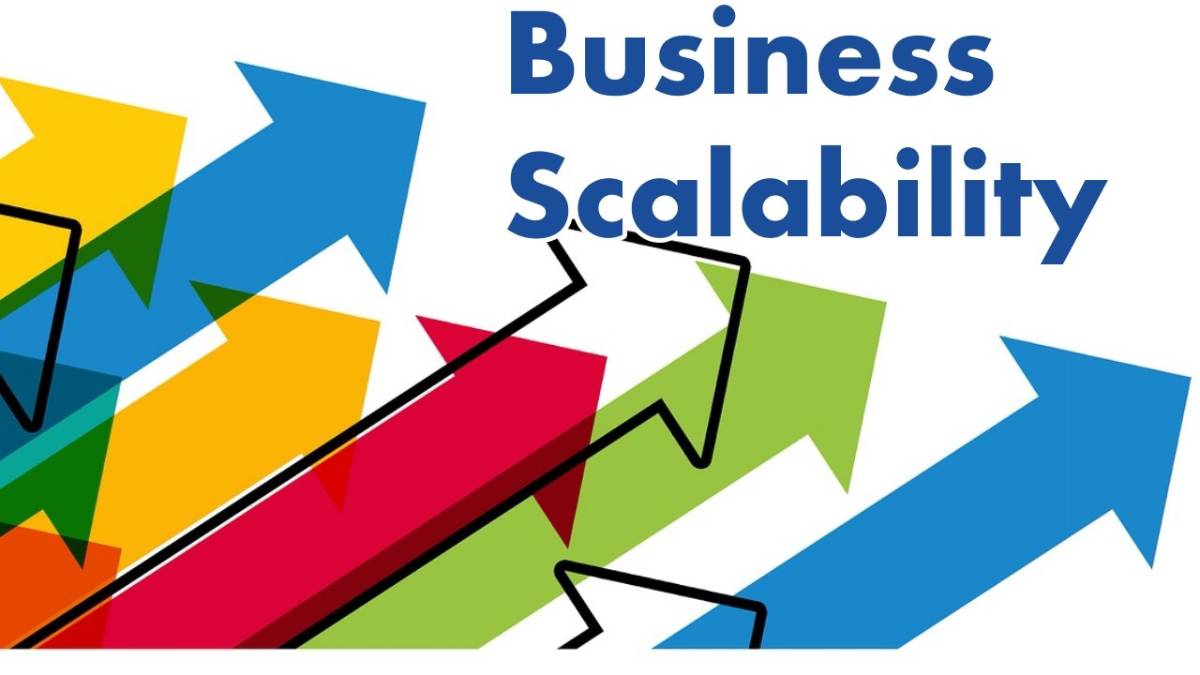In the fast-paced world of business, scalability is not just a buzzword – it’s a fundamental necessity. Whether you’re running a startup or managing an established company, the ability to grow effectively can make or break your success. Scalability involves expanding a company’s capabilities and resources without sacrificing performance or losing revenue. At the core of this challenge are the technology and infrastructure needs that must evolve alongside your business.
The Role of Technology in Scalability
It goes without saying that, these days, technology is the backbone of modern business scalability. The right tech stack can help businesses automate processes, manage data efficiently, and maintain connectivity, all while supporting larger operational demands without additional complexity.
- Cloud Computing: Cloud services are pivotal for scalability – they provide businesses with flexible resources that can be scaled up or down based on demand. This flexibility is crucial for handling peak loads during unexpected growth spurts or seasonal fluctuations.
- Big Data and Analytics: As businesses grow, so does the amount of data they generate. Big data technologies and analytics tools allow companies to process and analyse vast amounts of data in real time, and this capability is essential for making informed decisions that align with growth strategies and customer needs.
- Automation and Integration Tools: Automating routine tasks and integrating various systems and software helps streamline operations and reduces the likelihood of errors. This not only boosts efficiency but also allows staff to focus on more strategic activities that can drive business growth.
Infrastructure Needs for Scaling Businesses
While technology offers the tools necessary for growth, the infrastructure of a company ensures that these tools are supported and effectively utilised.
- Network and Connectivity: A robust IT network is crucial as more devices and software are integrated into business processes. This includes having strong internet connectivity, secure network configurations, and adequate bandwidth to handle increased traffic and data.
- Physical Infrastructure: Even in an increasingly digital world, physical infrastructure such as reliable power supply, data centres, and office space must not be overlooked. As businesses grow, the demand on physical resources can increase, necessitating thoughtful planning to avoid bottlenecks.
- Security Measures: With greater technological integration comes increased risk – ensuring the security of IT systems and data is paramount. This means investing in advanced security technologies and continuously updating them to guard against evolving threats.
Integrating Office Consumables in Scalable Environments
An often-overlooked aspect of business scalability is the management of office consumables; efficient management of these resources can significantly affect operational efficiency. As businesses scale, the demand for office supplies increases. Streamlining the supply process through reliable partners can prevent shortages that might otherwise interrupt business operations.
- Inventory Management: Effective inventory management ensures that essential supplies like stationery, printer ink, and other office needs are always available but not overstocked, thus optimising costs.
- Supplier Relationships: Building strong relationships with suppliers ensures that as your business grows, you can negotiate better prices and ensure product availability, which can crucially support scalability.
Ready to scale your business?
Scalability is a multi-faceted challenge that requires a blend of advanced technology and robust infrastructure. Businesses must strategically plan their IT and physical infrastructure investments to ensure that they can handle increased demands. For businesses looking to scale, partnering with efficient suppliers and leveraging cutting-edge technology will provide the necessary foundation for growth and success.


